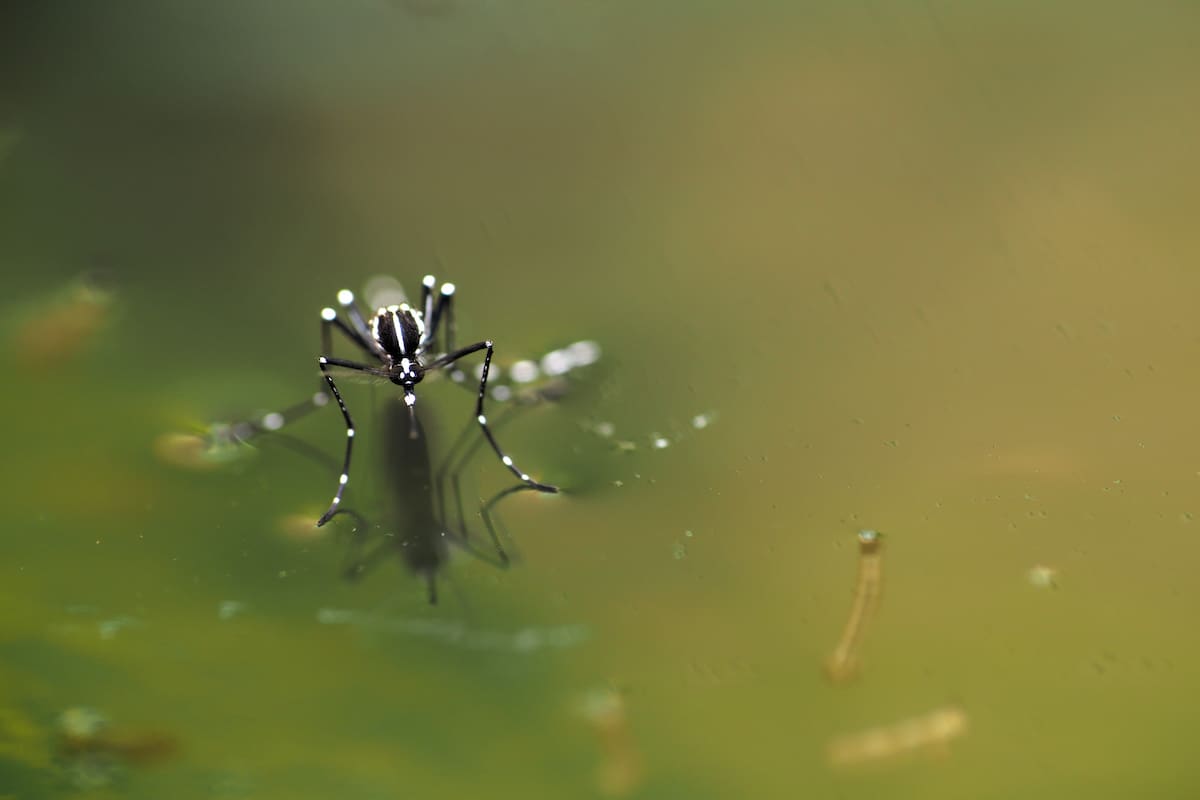Government departments in Queensland are warning a Ross River virus outbreak is imminent, after scheduled monitoring systems confirmed a significant proportion of the mosquito population are carrying the virus.
“Usually, the number of people infected with the Ross River virus starts to rise in December when it starts to rain and get warm, and it peaks in February and March,” explains Queensland’s Chief Health Officer Dr John Gerrard. “So far, 31 mosquito traps across the state have tested positive for the Ross River virus. This is more than the total number of positive traps we saw during the summer of 2019–2020, when there was a major Ross River virus outbreak.”
Why now?
Historically an outbreak usually occurs every three to four years, with the last outbreak causing 3381 cases in 2020, we are on track for another.
Environmental changes could also answer for some of the increased risk. Extreme weather this summer may have played a part in the predicted outbreak. “We know there are a lot of mosquitoes around right now because it’s hot and wet,” says Dr Gerrard.
What areas are most at risk?
Government-run mosquito monitoring systems detected larger than normal traces of the mosquito-borne disease in nine different LGAs across the state spanning from Mackay to the Gold Coast. Mosquitoes get the virus when they bite an animal that has it.
Is Ross River fever contagious?
The virus then gets passed on to people when an infected mosquito bites them. People suffering from the virus cannot pass it on to other people – it is only transmitted via being bitten by an infected mosquito.
What are the symptoms and treatments of Ross River Fever
There is no known cure, vaccine or anti-viral to treat Ross River virus. People who have Ross River virus may have a fever, swollen and painful joints, and a rash. While most recover within a few weeks, some experience joint pain and tiredness for months after contracting the virus.
What are the best ways to protect yourself?
With cases on tipped to rise in coming weeks, the question is: How do you minimise the risk of being bitten?
“Be careful of mosquitoes this summer if you’re going to be outside to play sports, go on bushwalks, do some gardening, or even have a backyard barbeque.
“Some species are most active at dusk and dawn, but biting can happen at any time of the day.” When mosquitoes are most busy, it’s best not to be outside,” says Dr Gerrard.
“Use insect repellent with DEET, picardin, or oil of lemon eucalyptus on a regular basis and cover your arms, legs, and feet with light-coloured, loose clothing. Every week at least, empty any containers holding water or get rid of any standing water around your home. Also, make sure flyscreens are in good shape so mosquitoes can’t easily get in.”
In 2023, 699 people across the state were infected with the Ross River virus. This year, 64 cases have been reported across the state in January.


